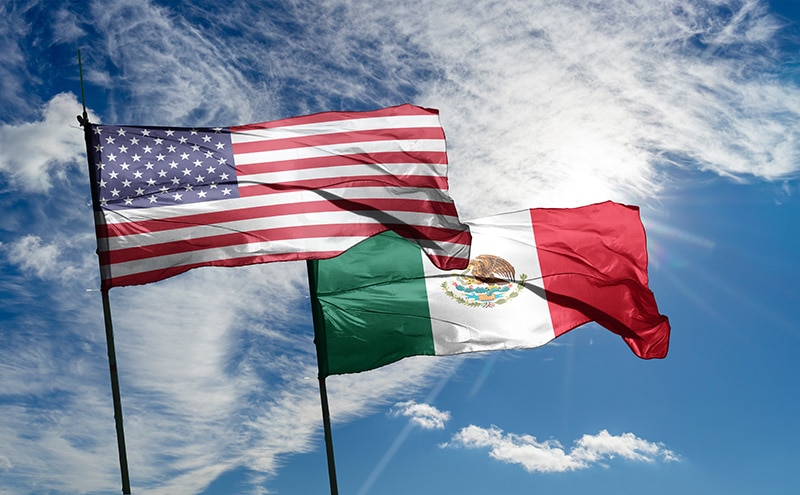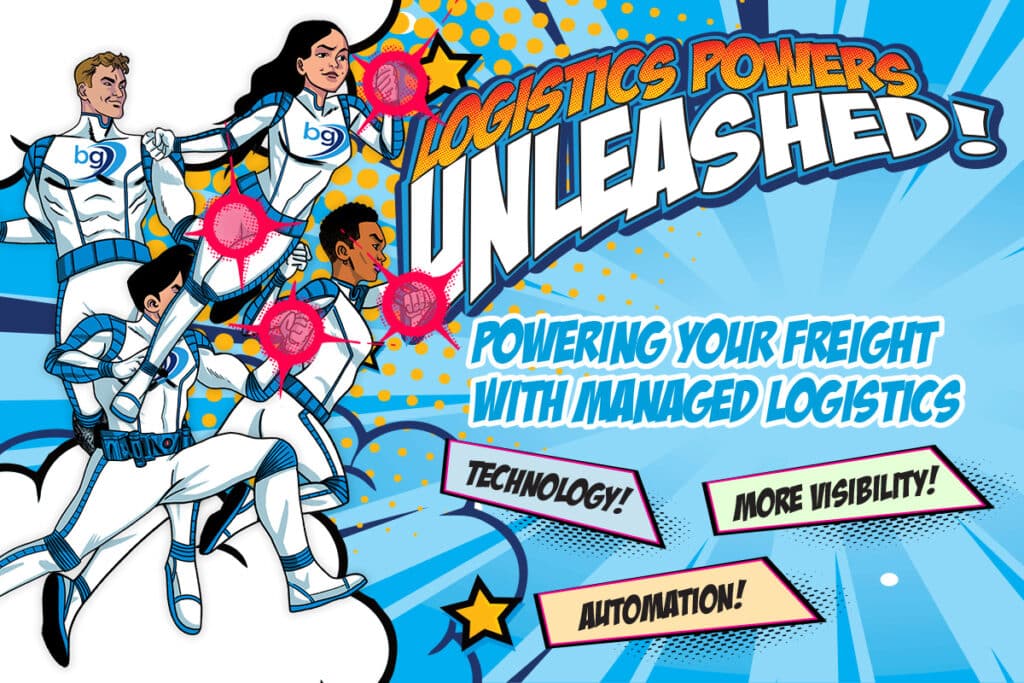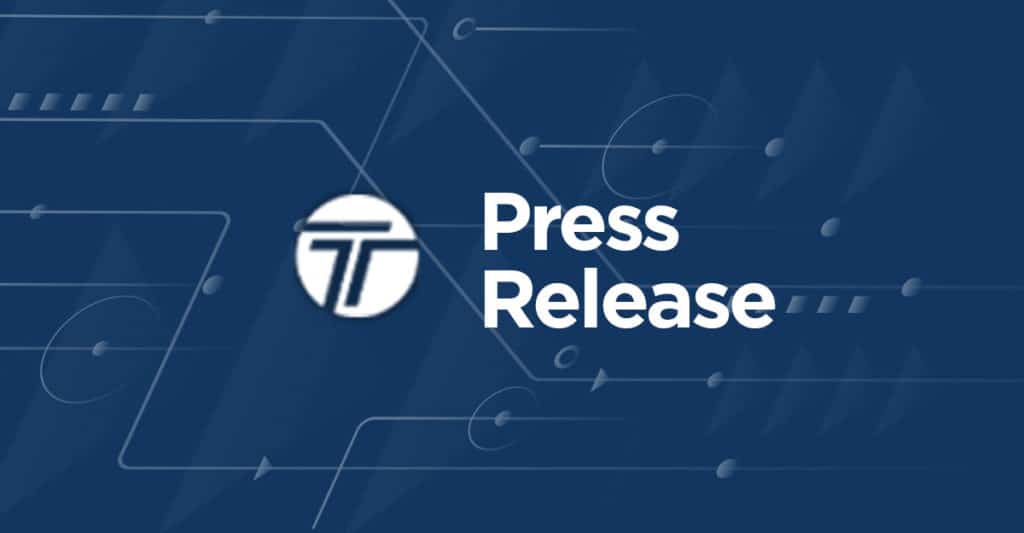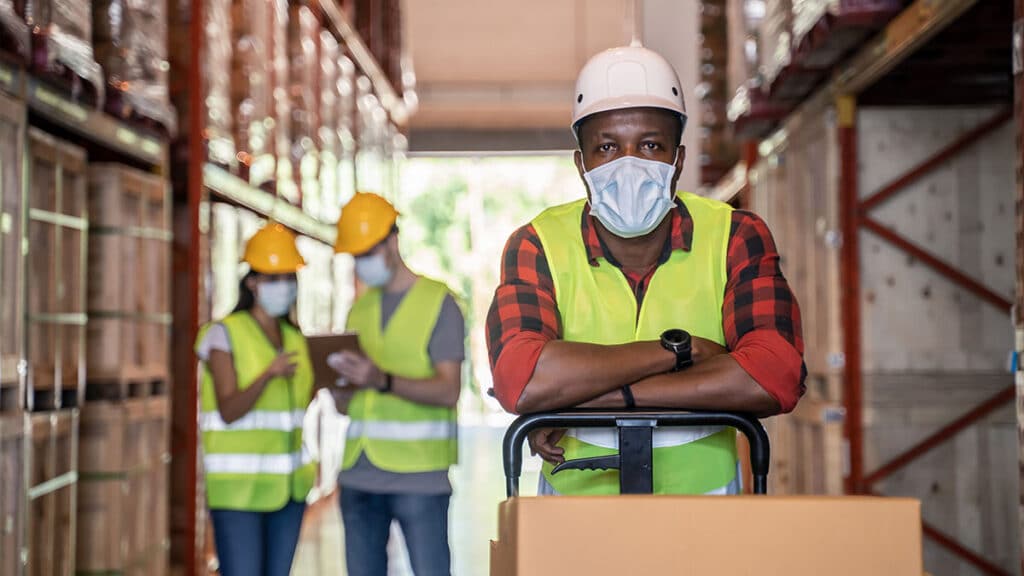
When the pandemic began to spread, the world was simply not prepared. Businesses and governments had to scramble to move an unprecedented volume of critical supplies around the world faster than we’ve ever thought possible.
Lockdowns caused a massive surge in e-commerce, leaving small and large businesses alike struggling to keep pace with the demands. The healthcare industry was pressed even harder as the call for life-saving medical equipment, medicines, food, and PPE. All in all, it had the potential to be a disaster.
What kept everything together was the express delivery industry, which not only rose to the challenge but exceeded it in many ways.
What kept everything together was the express delivery industry, which not only rose to the challenge but exceeded it in many ways. However, that is not to say that everything ran smoothly, far from it in fact. Many uncoordinated efforts led to significant disruptions even though they were based on good intentions.
- Some governments quarantined cargo freight crews systematically, even if they showed no symptoms or did not come from a COVID-19 hotspot.
- Some cities imposed neighborhood-specific curfews for no reason (starting in the early hours of the afternoon).
- Border crossings closed to all traffic, including international trucking.
- Drivers faced inconsistent health protocols.
- Officers at border customs operations could not reach their post because of public transportation lockdowns, nor could they work from home thanks to paper-based clearance systems.
Intense industry lobbying has managed to reverse or change these measures to allow the movement of critical goods across borders. International organizations that understand how interwoven global supply chains operate have similarly issued guidelines in order to better align with government initiatives.
However, there are still barriers in place that continue to disrupt global supply chains.
Practical Policy Changes
One of the biggest lessons we’ve learned from the pandemic is about how to streamline an imperfect system, including protocols that make global cargo supply chains not only safer for workers but more predictable. The pandemic has also highlighted the need to modernize the border clearance process as well as the need for trade agreements to promote economic recovery around the world.
The pandemic has shown the world that in order to prepare for future, large-scale disruptions, governments, and international organizations need to join forces with the private sector.
The pandemic has shown the world that in order to prepare for future, large-scale disruptions, governments, and international organizations need to join forces with the private sector.
UPS and the Global Express Association, which represents the three leading global express delivery carriers, have provided practical policy recommendations to keep supply chains operating smoothly.
Implement protocols to ensure the safety of cargo crews and other workers: Health protocols differ from country to country. Having a standardized approach would mean more timely shipping operations while limiting the spread of COVID-19.
Such protocols could include making sure that all freight industries, regardless of mode, have access to adequate PPE to prevent the spread of COVID-19. There will also need to be a more precise focus on safety management principles, using recommendations from the World Health Organization (WHO) as a foundation.
Approach border clearance like a gateway, not a checkpoint: Customs clearance creates some significant obstacles for express delivery. However, inconsistent rules and restrictions from one country to another country makes trade unpredictable.
Customs modernization is critical for fast border clearance. This means leveraging the right technology including electronic records, e-payment systems, and a digital risk management system. Countries should also embrace more progressive regulations that would help transport life-saving shipments and reduce physical contact at border crossings and during last-mile deliveries.
Existing international treaties such as the Revised Kyoto Convention and the WTO’s Trade Facilitation Agreement make this possible. To work, though, governments must fully implement the agreements.
Building a More Resilient Supply Chain in the Wake of the Pandemic
These solutions are aimed at streamlining commerce, revitalizing businesses, and providing humanitarian relief where it is needed most. The biggest take away is that these measures aren’t just for the current pandemic, but would help the world be a step ahead of the next global crisis.
Day by day, the world comes closer to putting COVID-19 behind us, but that doesn’t mean that there aren’t hardships ahead. To truly maximize the efficiency of a global supply chain, it’s going to take a holistic approach, harmonizing all the players around the world. When that happens, there’s no telling what kind of potential we can see from the global supply chain.




